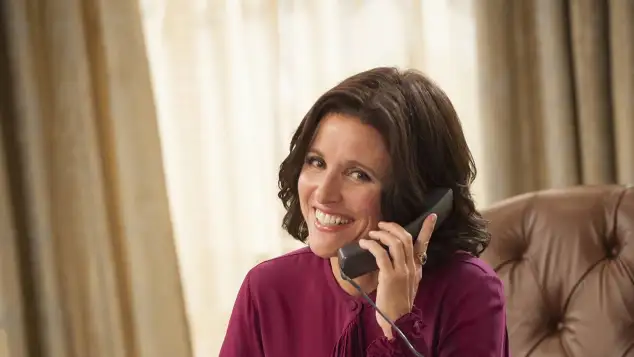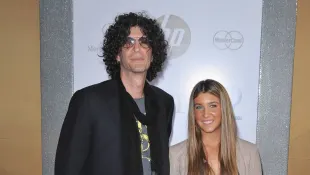- Julia Louis-Dreyfus is a comedy icon
- She has responded to Jerry Seinfeld
- Julia still believes in comedy
Contrasting her viewpoint with that of Jerry Seinfeld, Louis-Dreyfus advocates for sensitivity in comedy, while also highlighting the challenges posed by the entertainment industry's consolidation. This article dives into the heart of their disagreement, offering a glimpse into the evolving world of comedy through the eyes of two of its most iconic figures.
Julia has thoughts
"If you look back on comedy and drama both, let’s say 30 years ago, through the lens of today, you might find bits and pieces that don’t age well. And I think to have an antenna about sensitivities is not a bad thing," Louis-Dreyfus said in an interview with the 'New York Times'.
She continued, "It doesn’t mean that all comedy goes out the window as a result. When I hear people starting to complain about political correctness – and I understand why people might push back on it – but to me that’s a red flag because it sometimes means something else. I believe being aware of certain sensitivities is not a bad thing."
In a world where every word is scrutinized, Julia Louis-Dreyfus, the comedic powerhouse behind Elaine Benes and Selina Meyer, brings a fresh perspective to the ongoing debate about political correctness in comedy. Unlike her former co-star, Jerry Seinfeld, who recently lambasted the "extreme left" for sanitizing the comedy scene, Louis-Dreyfus embraces a more nuanced view.
"It's all about the lens we use today," Louis-Dreyfus muses in her candid interview with the New York Times. She acknowledges that while some jokes from the past might not fly in today's sensitive climate, it doesn't mean comedy is dead.
Instead, she suggests, it's evolving. "Being aware of certain sensitivities is not a bad thing," she asserts, challenging Seinfeld's critique of political correctness as the death knell for comedy.
But Louis-Dreyfus doesn't stop there. She points to a bigger menace lurking in the shadows of the entertainment world: the consolidation of money and power. "It's not good for the creative voice," she warns, highlighting how the corporate stranglehold on studios and distributors stifles originality. It's a sentiment many in the industry echo but few dare to voice as boldly as Louis-Dreyfus.
Reflecting on the iconic 'Seinfeld' series, Louis-Dreyfus doubts its viability in today's market, not because of its content, but due to the corporatization of entertainment. "It was just a bunch of losers hanging out," she reminisces, hinting at the show's unique charm that might struggle to find a home in the current era of cookie-cutter programming.
Jerry's take
"It used to be that you'd go home at the end of the day, most people would go, ‘Oh, ’Cheers' is on. Oh, ‘M.A.S.H.’ is on. Oh, ‘[The] Mary Tyler Moore [Show]’ is on, ‘All in the Family’ is on.' You just expected [there will] be some funny stuff we can watch on TV tonight," he said.
"Well, guess what? Where is it? Where is it? This is the result of the extreme left and PC c--- and people worrying so much about offending other people."
In his opinion, stand-up comedians aren’t "policed by anyone. The audience polices us. We know when we're off track. We know instantly. And we adjust to it instantly."
"But when you write a script, and it goes into four or five different hands, committees, groups – ‘Here’s our thought about this joke' – well, that's the end of your comedy."
Louis-Dreyfus also took issue with creativity by committee, but for a different reason.
"My feeling about all of it is that political correctness, insofar as it equates to tolerance, is obviously fantastic. And, of course, I reserve the right to boo anyone who says anything that offends me while also respecting their right to free speech, right?"
"But the bigger problem – and I think the true threat to art and the creation of art – is the consolidation of money and power. All this siloing of studios and outlets and streamers and distributors, I don’t think it’s good for the creative voice. So, that’s what I want to say in terms of the threat to art," she told the newspaper.
Also interesting:
As the debate rages on, it's clear that Julia Louis-Dreyfus isn't afraid to stand her ground. With a career spanning decades and a knack for staying relevant, she champions a comedy that's both thoughtful and hilarious.
Whether you agree with her or stand with Seinfeld, one thing's for sure: the conversation about what makes us laugh—and why—is far from over.






